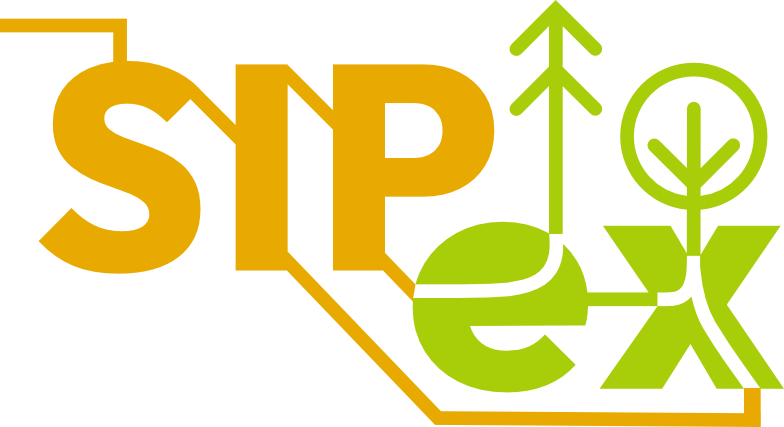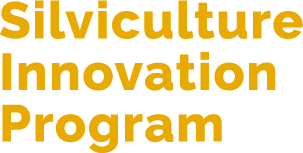-
Beneficial Fire in BC An Exploration of How Fire Can Contribute to Wildfire Resilience
This document explores how fire can intentionally contribute to wildfire resilience in British Columbia and introduces the concept of beneficial fire, defined as planned or unplanned wildland fire with positive ecological effects and acceptable risk ...This document explores how fire can intentionally contribute to wildfire resilience in British Columbia and introduces the concept of beneficial fire, defined as planned or unplanned wildland fire with positive ecological effects and acceptable risk to human communities. It presents a conceptual framework that integrates both ecological dimensions and community dimensions to guide management decisions. The document advocates for a whole-of-society approach to increase beneficial fire, including cultural fire, prescribed fire, and managed wildfire, by accelerating place-based assessments and improving community safety through measures like FireSmart. -
Walking on Two Legs a Pathway of Indigenous Restoration and Reconciliation in Fire-Adapted Landscapes
This paper introduces walking on two legs, an Indigenous framework for ecosystem restoration and reconciliation in fire-adapted landscapes, particularly in Western Canada. The concept advocates for balancing Indigenous knowledges with Western scienti...This paper introduces walking on two legs, an Indigenous framework for ecosystem restoration and reconciliation in fire-adapted landscapes, particularly in Western Canada. The concept advocates for balancing Indigenous knowledges with Western scientific knowledge, ensuring that Indigenous perspectives and stewardship ethics guide the interconnected processes of restoration and reconciliation. The authors argue that genuine reconciliation requires Indigenous-led restoration of lands, knowledges, and cultures, moving beyond simply integrating Indigenous knowledge into existing Western frameworks. This approach aims to rebuild respectful relationships between people and the land, addressing the legacies of colonialism and revitalizing Indigenous practices like fire stewardship. -
Boundary Spanners Catalyze Cultural and Prescribed Fire in Western Canada
This paper highlights the crucial role of boundary spanners in addressing the escalating challenge of wildfires in Western Canada. These individuals and organizations bridge critical gaps, spanning different knowledge systems, organizations, and geog...This paper highlights the crucial role of boundary spanners in addressing the escalating challenge of wildfires in Western Canada. These individuals and organizations bridge critical gaps, spanning different knowledge systems, organizations, and geographical areas, to foster collaboration and implement proactive fire management strategies, such as cultural and prescribed burning. The authors emphasize that despite the vital work of boundary spanners in building trust, sharing knowledge, and developing capacity, their contributions are often undervalued and lack sufficient institutional support. The piece concludes by asserting the urgent need for dedicated investment in boundary spanning roles to effectively integrate diverse expertise and facilitate collaborative, equitable solutions for wildfire management. -
Forest Stewardship Council - Canada
FSC Canada is a non-profit membership organization that certifies over 200 million hectares of forest worldwide. FSC's responsible forestry standard, linked to a strict chain of custody certification, is a proven nature-based solution to tackle today...FSC Canada is a non-profit membership organization that certifies over 200 million hectares of forest worldwide. FSC's responsible forestry standard, linked to a strict chain of custody certification, is a proven nature-based solution to tackle today's climate and biodiversity challenges. That is why we are trusted by environmental groups, NGOs, consumers, and businesses alike. -
Welcome to Good Fire
The Good Fire Podcast explores the concept of fire as a tool for ecological health, cultural empowerment, and Indigenous stewardship. The term good fire refers to intentional, controlled burns used by Indigenous communities to maintain healthy landsc...The Good Fire Podcast explores the concept of fire as a tool for ecological health, cultural empowerment, and Indigenous stewardship. The term good fire refers to intentional, controlled burns used by Indigenous communities to maintain healthy landscapes and cultural traditions. -
The Mitigating Wildfire Initiative Landscape Resilience and Wildfire - A Primer for Collaborative Dialogue
This document introduces the Mitigating Wildfire Initiative, an effort to address catastrophic wildfires in British Columbia through dialogue and collaboration among diverse groups, including Indigenous Peoples and local communities. The MWI has four...This document introduces the Mitigating Wildfire Initiative, an effort to address catastrophic wildfires in British Columbia through dialogue and collaboration among diverse groups, including Indigenous Peoples and local communities. The MWI has four key objectives: strengthening relationships, improving understanding of wildfire issues, creating a shared agenda for mitigation, and achieving real-world impact. The document delves into the complex concept of resilience in the context of wildfire, differentiating between ecological, social, and social-ecological perspectives, and emphasizes the importance of place-based and context-specific discussions for effective strategies. Finally, it outlines five interconnected categories of progress being made toward wildfire resilience in BC including planning, operations, networking, research and knowledge generation, and public engagement, highlighting the need for an all-of-society approach and proactive, dynamic management. -
Fort St. John Pilot Project Sustainable Forest Management Plan
This document outlines how participating forestry companies and BC Timber Sales intend to manage forests sustainably, aiming to balance ecological, economic, and social values. The plan incorporates a Canadian Standards Association certification pro...This document outlines how participating forestry companies and BC Timber Sales intend to manage forests sustainably, aiming to balance ecological, economic, and social values. The plan incorporates a Canadian Standards Association certification process and emphasizes a landscape-level approach to forest management, considering natural disturbance patterns. Key components include establishing values, objectives, indicators, and targets developed with public and Indigenous input, along with specific strategies for timber harvesting, reforestation, road access, wildlife habitat, and engagement with First Nations and the public. The SFMP serves as a guiding document for operational planning and continuous improvement in forest management practices within the defined area. -
The Right to Burn Barriers and Opportunities for Indigenous-Led Fire Stewardship in Canada
This paper examines the critical role of cultural burning practiced by Indigenous Peoples in managing ecosystems and reducing wildfire risks. Despite its ecological benefits and long history, the paper highlights significant barriers hindering the re...This paper examines the critical role of cultural burning practiced by Indigenous Peoples in managing ecosystems and reducing wildfire risks. Despite its ecological benefits and long history, the paper highlights significant barriers hindering the resurgence of Indigenous fire stewardship, including legal and governance obstacles, lack of access to training and accreditation, liability and insurance issues, and insufficient resources. The authors argue for the necessity of decolonizing wildfire management by recognizing Indigenous knowledge systems, respecting Indigenous governance, and creating pathways for Indigenous-led fire stewardship to ensure more effective and socially just coexistence with fire in Canada. The paper calls for concrete actions to support and empower Indigenous communities in leading fire management on their territories.


